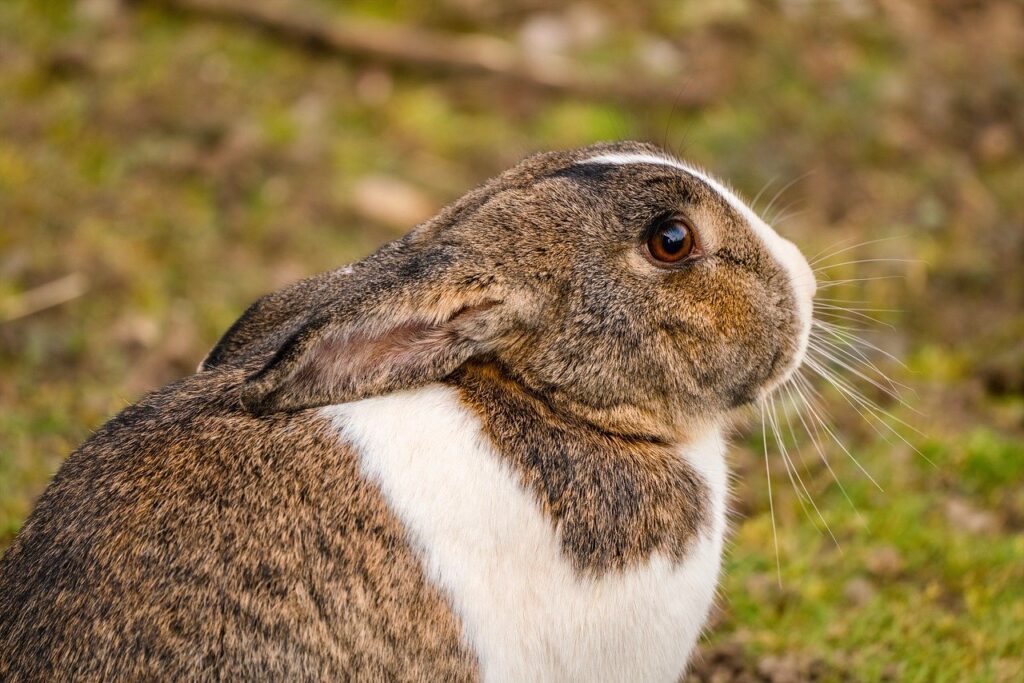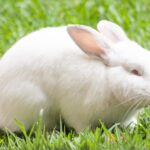Can Rabbits Eat Cress?
Cress, also known as garden cress, is a leafy green herb that belongs to the Brassicaceae family. It is often used as a garnish or added to salads for its peppery flavor and nutritional benefits. But can rabbits enjoy this tasty herb as well? Let’s explore whether cress is suitable for rabbits and the potential health advantages it can offer.
The Advantages of Cress for Rabbits
Cress is an excellent addition to a rabbit’s diet due to its rich nutritional profile. This leafy green contains essential vitamins and minerals that can contribute to your bunny’s overall well-being. The key advantages include:
- Vitamin C: Cress is a good source of Vitamin C, which helps boost the immune system and promotes healthy skin.
- Vitamin A: This herb is also high in Vitamin A, important for maintaining proper vision and supporting reproductive health in rabbits.
- Fiber: Cress contains dietary fiber, aiding in proper digestion and preventing gastrointestinal issues.
- Hydration: With its high water content, consuming cress can contribute to your rabbit’s hydration needs.
The Recommended Frequency and Quantity
When it comes to feeding cress to your rabbit, it is best to offer it as a treat rather than a staple food. The recommended frequency is 1–2 times per week. Treats should account for no more than 10% of your rabbit’s daily diet to ensure they still receive a balanced nutritional intake. As for the quantity, a small handful of cress leaves per serving is sufficient.
Potential Cautions to Consider
While cress is generally safe for rabbits, there are a few precautions to keep in mind:
- Pesticides: If you are growing cress in your own garden, ensure it is free from pesticides or any harmful chemicals.
- Allergies and Sensitivities: Every rabbit is unique, and some may have allergies or sensitivities to specific foods. Monitor your rabbit closely when introducing cress for the first time to check for any adverse reactions.
- Rotating Diet: Remember to maintain a varied diet for your rabbit and not rely solely on cress. A diverse range of vegetables, hay, and pellets should make up the majority of their daily food intake.
Can Other Pets Enjoy Cress Safely?
Cress is not only suitable for rabbits but can also be enjoyed safely by other small pets, such as guinea pigs and hamsters. However, it is essential to consider each pet’s specific dietary needs and introduce cress gradually to minimize any digestive issues.
Conclusion
In conclusion, cress can be a healthy addition to a rabbit’s diet, providing various nutritional benefits and hydration. Remember to offer it as an occasional treat, ensuring a diverse and balanced diet for your furry friend. Keep an eye out for any allergies or sensitivities and always prioritize your pet’s well-being. By incorporating cress responsibly, you can enhance your rabbit’s mealtime experience and contribute to their overall health.






